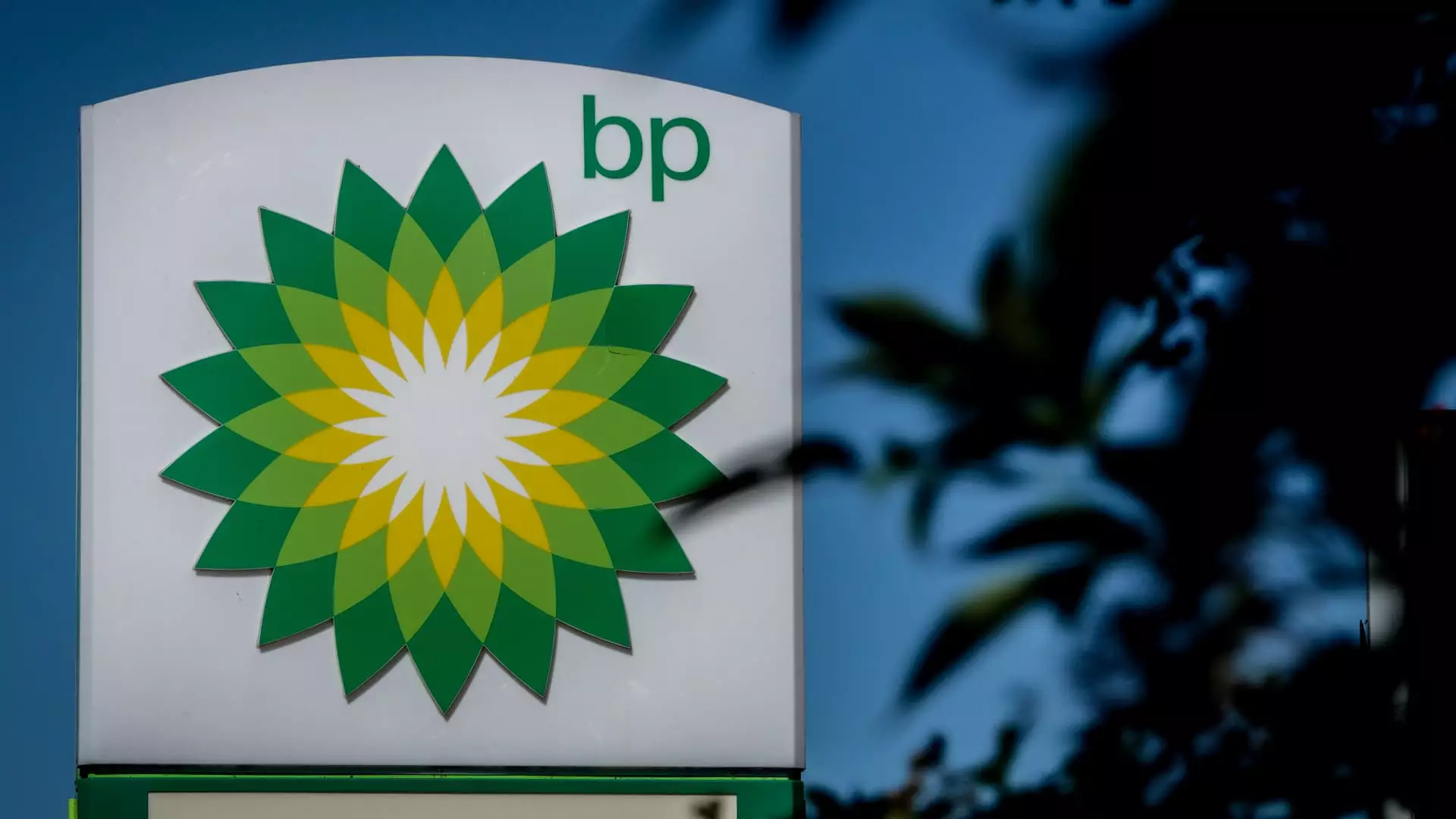BP shares took a hit on Tuesday as the company disclosed its expectation to incur an impairment of up to $2 billion in the second quarter. Additionally, it warned investors about lower refining margins that could further weigh on its financial results. This news caused a 2.6% drop in BP shares during early market trading, raising concerns among shareholders about the company’s performance in the upcoming quarter.
According to a statement released by BP on Tuesday, weak refining margins and underperforming oil trading are likely to impact the second-quarter results, scheduled to be announced on 30 July. The estimated hit from this is between $500 million to $700 million, posing a significant challenge for the energy firm. Additionally, post-tax asset impairments and contract provisions in the range of $1 billion to $2 billion are expected to affect BP’s financial standing in the upcoming quarter.
Operational Changes and Business Transition
The company is facing a period of transition following the resignation of former CEO Bernard Looney, who stepped down after less than four years in the position. This move was prompted by undisclosed personal relationships with colleagues before assuming the role of CEO. Murray Auchincloss has been appointed as the new permanent CEO in January, as BP aims to achieve at least $2 billion in cash cost savings by the end of 2026. The restructuring and leadership changes signify a shift in the company’s direction as it navigates through challenging market conditions.
BP stated that upstream production in the second quarter is expected to remain “broadly flat” compared to the previous quarter. Additionally, the company anticipates an average gas marketing and trading result, highlighting the uncertainty surrounding its operational performance in the current market environment. The $2 billion impairment and other financial challenges are likely to have far-reaching consequences on BP’s overall business strategy and ability to generate profits in the near term.
Last week, BP’s rival energy giant Shell also announced a similar expectation of recording a post-tax impairment hit of up to $2 billion, primarily linked to its Singapore and Rotterdam plants. This trend indicates a broader industry-wide challenge facing energy companies, as they grapple with fluctuating oil prices, weakening refining margins, and changing consumer demand patterns. The market comparison between BP and Shell underscores the need for proactive measures to address the ongoing financial pressures and ensure long-term sustainability in a competitive market landscape.
The expected $2 billion impairment on BP shares reflects the complex financial challenges that the company is currently facing. With lower refining margins and underperforming oil trading, BP must carefully navigate through these obstacles to secure its financial stability and regain investor confidence in the coming quarters. The leadership changes, cost-saving initiatives, and operational adjustments signal a strategic shift in BP’s business approach as it strives to overcome market uncertainties and position itself for long-term success.

